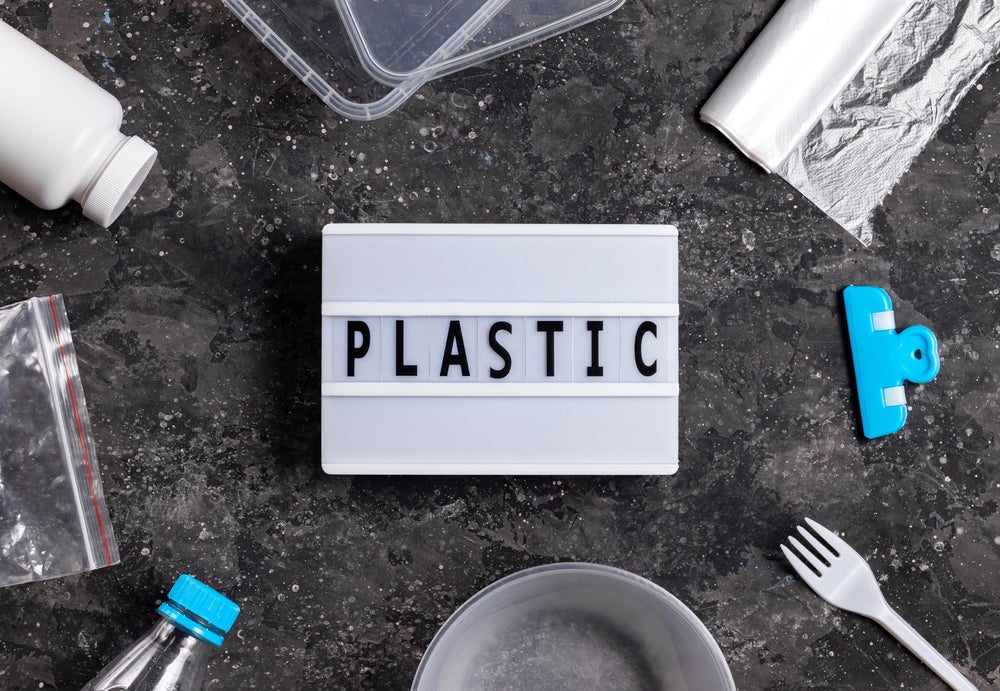
On April 1, 2022, a landmark moment unfolded in the world of packaging: the introduction of the UK’s Plastic Packaging Tax (PPT).
Far from being just another fiscal measure, the PPT carries a profound mission—to ignite a revolution in the packaging industry, one that champions the use of recycled plastic.
The underlying goal is to serve as a catalyst, spurring greater recycling rates and enhancing the collection of plastic waste throughout the United Kingdom.
Taxing for sustainability: The 2023-2024 Rates
As we journey into the 2023-2024 financial year, those involved in the packaging industry continue to navigate the nuances of the PPT. The tax is set at a rate of £210.82 per tonne.
However, it isn’t a uniform charge across the board. The PPT specifically targets manufacturers and importers of plastic packaging components that contain less than 30% recycled plastic.
Who is in the PPT Club?
Not every player in the packaging game finds themselves entangled in the PPT web. This tax predominantly impacts businesses that manufacture or import a substantial 10 tonnes or more of plastic packaging within a 12-month timeframe.
But here’s a noteworthy detail: even if your packaging proudly boasts 30% or more recycled plastic content, you’re not off the hook.
Registration and quarterly return submissions are mandatory, underscoring the government’s unwavering commitment to fostering a more environmentally responsible packaging sector.
When PPT comes knocking
Timing is everything when it comes to the PPT. This tax springs into action when a plastic packaging component is either manufactured within the UK or imported into the country, and it falls short of the critical 30% recycled content threshold.
However, the intrigue doesn’t stop there. The PPT doesn’t solely target empty packaging. It extends its reach to encompass plastic packaging that’s already filled when it arrives on UK shores.
In essence, whether you’re a manufacturer based on British soil or an importer bringing products across international borders, the PPT mandates a thoughtful reconsideration of your packaging strategies.
Embrace the green transformation
For those seeking a comprehensive understanding of the Plastic Packaging Tax and its implications for the packaging industry, the full report is available here.
It’s an opportunity to embrace change, usher in a new era of eco-conscious packaging practices, and contribute positively to a greener and more sustainable future.
The packaging landscape is evolving, and the PPT is at the forefront, urging us all to prioritise environmental responsibility in the packaging choices we make.



